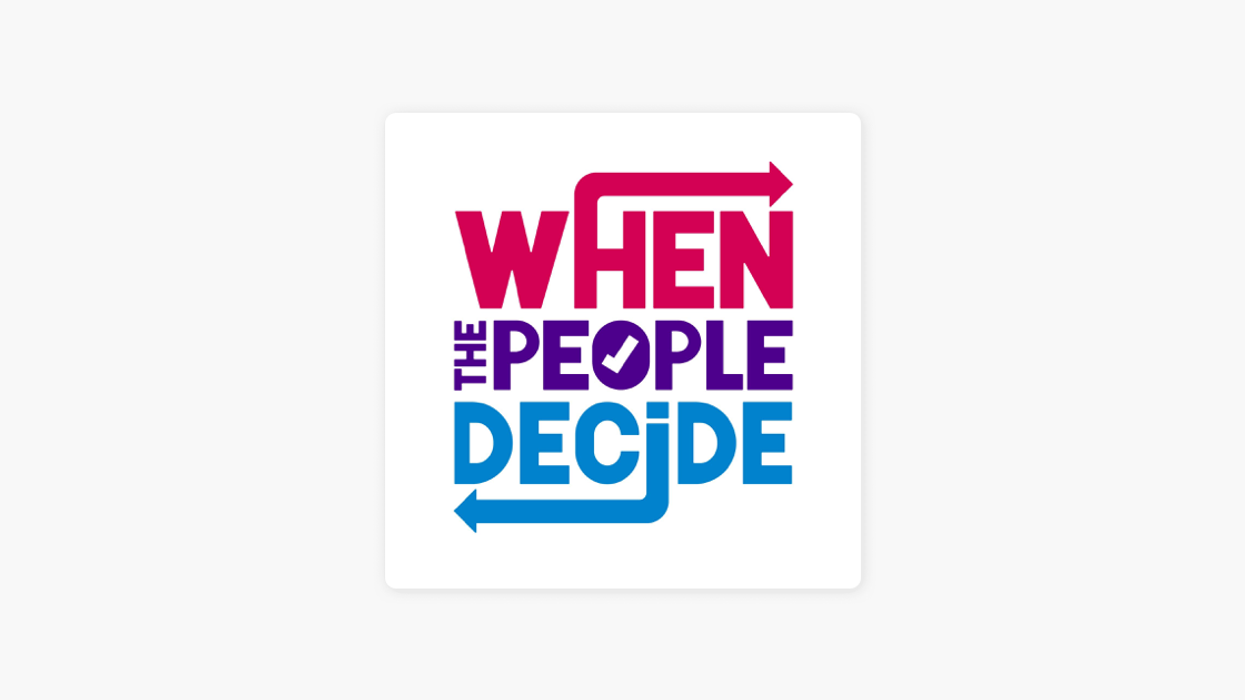We are excited to share the first episode of a new narrative series on ballot initiatives from the McCourtney Institute for Democracy: "When the People Decide."
In this reported series, Jenna Spinelle tells the stories of activists, legislators, academics, and average citizens who changed their cities, states, and the country by taking important issues directly to votes — like Medicaid expansion in Idaho, sentencing reform in California, and LGBTQ workplace protections in Ohio.
This episode tells the story of a campaign in Michigan to end partisan gerrymandering in 2018 and shows how it is part of a legacy of ballot initiatives dating back to the 1800s. After becoming disillusioned with the results of the 2016 election, Katie Fahey took to Facebook to gauge the interest of grassroots mobilization amongst her colleagues, friends and family.







 Introducing: When the People Decide
Introducing: When the People Decide












